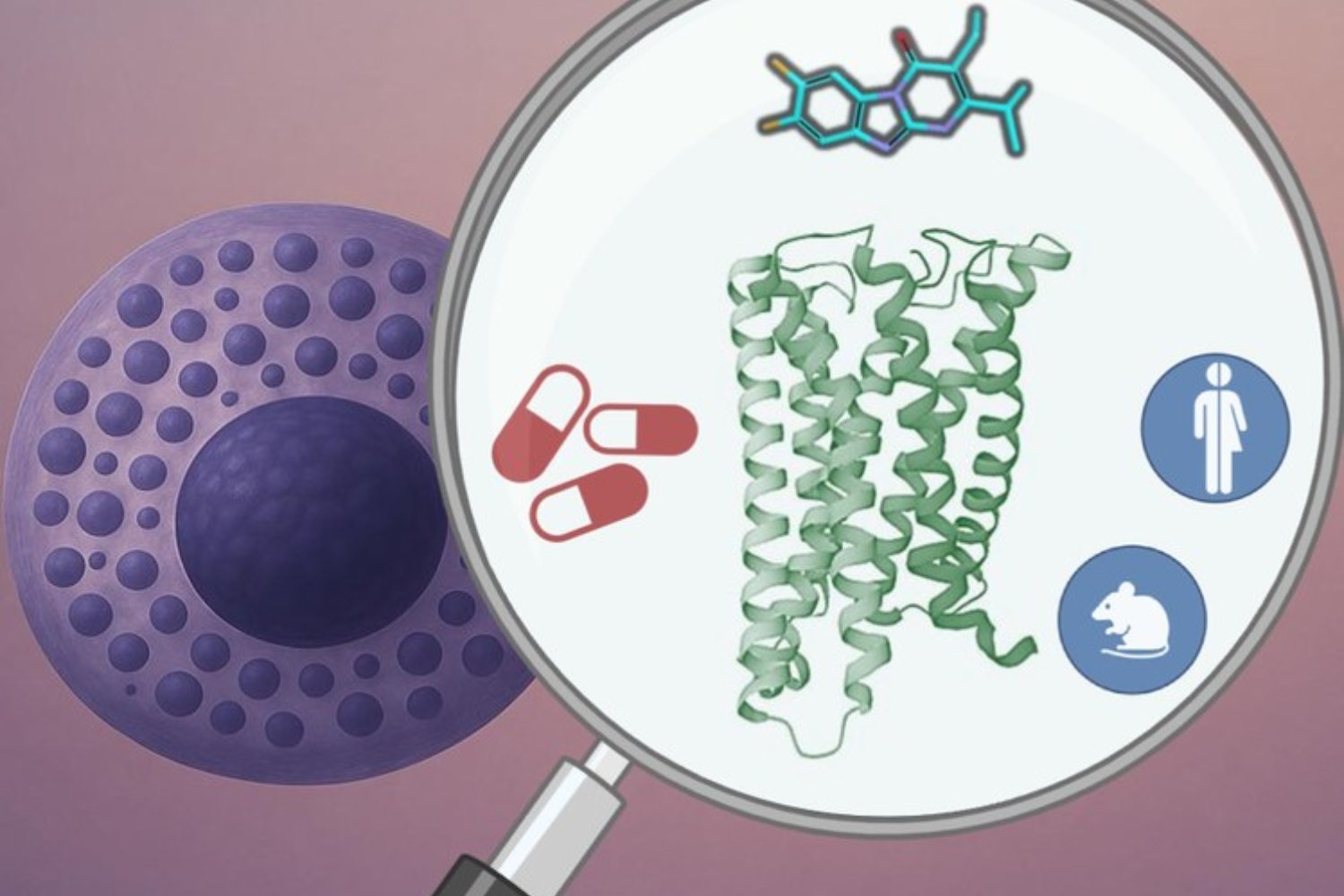Frequent antibiotic use in young children has been linked to a higher risk of developing asthma and allergies, according to a new study. This research adds to the growing body of evidence suggesting the need for careful antibiotic stewardship, especially in early childhood.
Antibiotics are crucial for combating bacterial infections, but they’re not without potential downsides. Antibiotic resistance is a well-known concern, but another emerging issue is the impact on the microbiome – the complex community of bacteria living within our bodies. Broad-spectrum antibiotics can disrupt this delicate ecosystem, potentially increasing the risk of various health problems. This disruption is thought to be particularly impactful in young children, whose microbiomes are still developing. Previous research has hinted at a connection between early antibiotic use and chronic conditions like asthma, but limitations in these studies prompted the need for more comprehensive research.
Impact of Early Antibiotic Exposure
A recent study published in the Journal of Infectious Diseases sheds new light on this connection. Researchers at Rutgers University analyzed medical records of over one million children born in the UK, along with a separate analysis comparing siblings to control for genetic and environmental factors. The results revealed a positive correlation between antibiotic use before the age of two and an increased risk of asthma, food allergies, and allergic rhinitis (hay fever). A potential association with intellectual disability was also observed. However, no link was found between antibiotic use and other conditions like autism spectrum disorder, celiac disease, type 1 diabetes, or anxiety.
Dose-Response Relationship and Sibling Comparisons
While this research doesn’t definitively prove causation, the researchers noted a dose-response effect – children who took more antibiotics had a higher risk of asthma. This observation, combined with the consistent findings from the sibling comparison analysis, strengthens the possibility of a causal link. These findings underscore the importance of judicious antibiotic use in young children.
Overprescription of Antibiotics
Overprescription of antibiotics is a significant concern, particularly in children. A 2020 study found that approximately one in four children receiving antibiotics in hospitals likely didn’t need them. This unnecessary exposure can disrupt the developing microbiome and potentially contribute to long-term health issues.
Prudent Antibiotic Use: A Key Takeaway
Further research is needed to solidify the link between early antibiotic use and chronic conditions like asthma. However, the current evidence emphasizes the need for cautious antibiotic prescribing practices, particularly in children.
“Antibiotics are important and sometimes life-saving medicines, but not all infections in young kids need to be treated with antibiotics,” said lead author Daniel Horton, an associate professor of pediatrics and epidemiology at Rutgers Robert Wood Johnson Medical School and Rutgers School of Public Health. “Parents should continue to consult with their children’s doctors on the best course of care.”
This advice highlights the importance of shared decision-making between parents and healthcare providers. Open communication and a thorough evaluation of the child’s condition can help ensure that antibiotics are used only when necessary, minimizing potential risks while maximizing their benefits.











